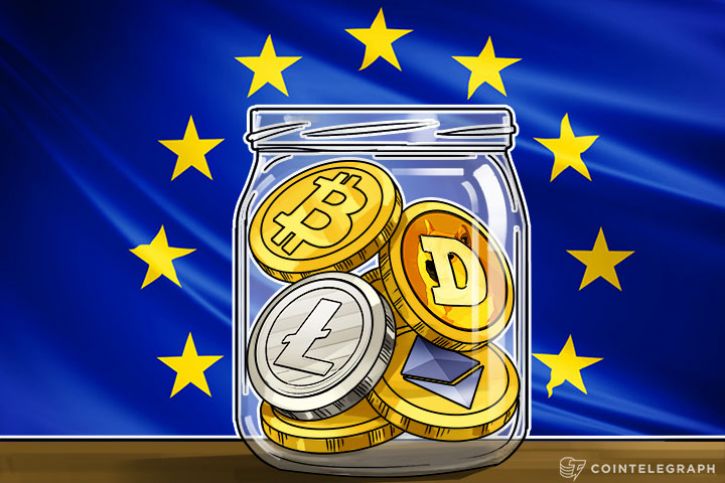The small European country of Estonia aims to become the first crypto-country in the world. The country is already in the midst of digitizing its government services using Blockchain technology, the tech behind digital currencies like Bitcoin.
The Estonian government’s digitization project reached a whole new level in 2014, with the government’s e-residency program. Under the initiative, any individual around the world can file an online application to become a virtual Estonian citizen. As a digital citizen, he/she can access the same online platforms that Estonia’s physical economy is based on, and the same online public services that domestic Estonians use.
The adoption of Blockchain has also allowed Estonia to introduce an online voting system during national elections. However, only physical residents are allowed to vote under the system. The country is also involved in various public services projects that are powered by Blockchain, including health services, and originally planned for its own digital currency.
Other Blockchain developments worldwide
Aside from Estonia, various countries around the world are also adopting Blockchain in public-sector applications, with the latest EU country vying for the same position being Slovenia.
In the UK, the government is currently piloting a Blockchain-based system for the payment of health benefits claimants. In Russia, Vitalik Buterin has signed a deal with a Russian state-owned bank for the creation of a special national system called Ethereum Russia.
The government of China, meanwhile, has developed a prototype of a prospective national cryptocurrency in the country since June 2017. By September, China decided to better regulate ICOs by banning them and eventually considering licensing options down the line.
In her report, Georgetown University cyber-lawyer, Dr. Clare Sullivan, claimed that the government of Australia is studying ways to replace its separate passport and birth certificate databases with a single Blockchain-based system.
“It is not necessarily cybersecurity concerns that have prevented the increased digitization of government services up to this point, though Blockchain is indeed much more secure than existing systems. Rather, it has been the importance of ‘know-your-customer’ protocols — the need for governments, banks, and other institutions to verify individuals’ identities using physical ID documents and in-person interactions.”


